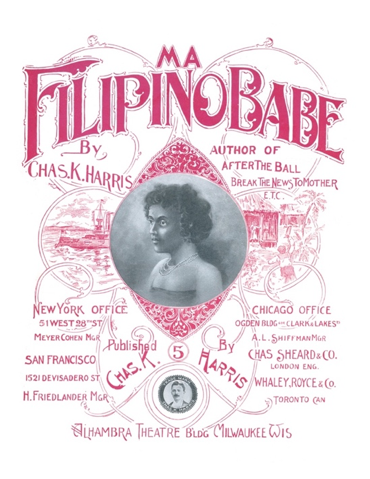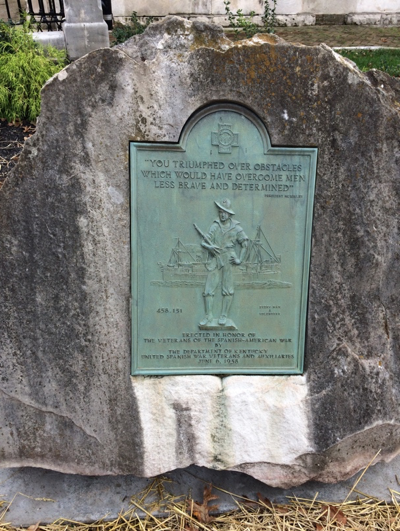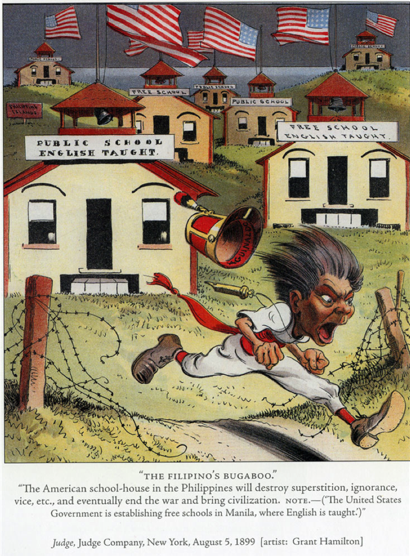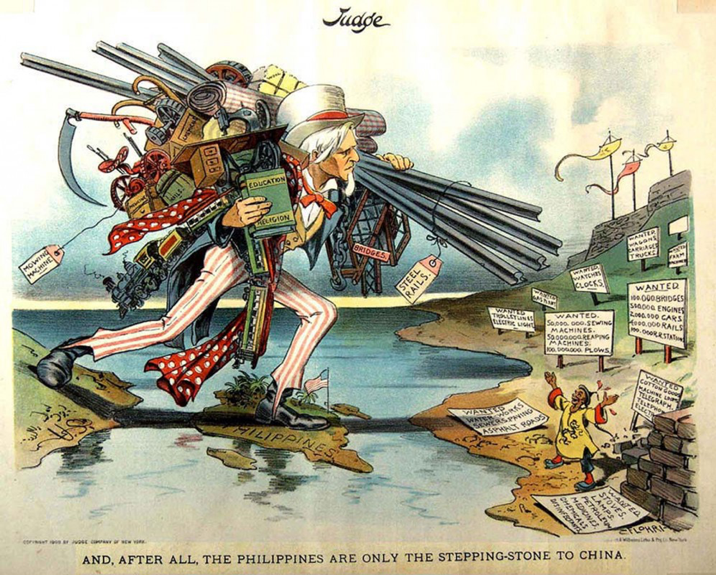WKU History Department - Document Based Essay Contest
History Documents Based Evidence (DBQ) Essay Contest
The WKU History Department is pleased to announce sponsorship of its first annual history Documents Based Essay contest for Kentucky high school students. Instructions for applying to the contest and submitting the 900-1200 word essay (Chicago style; pdf format), based on the prompt and sources below, are on the main Essay Contests page.
EXTENDED DEADLINE: Applications and Essays are now due Friday, February 28.
Grading Criteria:
- Clear thesis that is historically defensible and responds to all parts of question
- Strong and cohesive argument that considers historical complexity
- Meaningful use of at least 6 of the documents in supporting thesis and argument
- Thorough explanation of the broader historical events, developments and processes relevant to the question and the context of the sources
- Correct grammar and writing
All work must be your own. List at the end of your essay all sources (written and online, not including the provided documents) that you drew on in developing your essay. Use Chicago style citations as seen here: https://www.chicagomanualofstyle.org/tools_citationguide/citation-guide-1.html
QUESTION:
Drawing on no less than 6 of these documents (must include at least one image), make an argument for the relationship between racial ideas and early twentieth-century American imperialism. Be sure you put your discussion of the documents in its larger historical context. Essay should be between 900 and 1200 words not including works cited page.
Documents
Document 1
|
True, we have crushed a deceived and confiding people; we have turned against the weak and the friendless who trusted us; we have stamped out a just and intelligent and well-ordered republic; we have stabbed an ally in the back and slapped the face of a guest; we have bought a Shadow from an enemy that hadn't it to sell; we have robbed a trusting friend of his land and his liberty; we have invited clean young men to shoulder a discredited musket and do bandit's work under a flag which bandits have been accustomed to fear, not to follow; we have debauched America's honor and blackened her face before the world. . . And as for a flag for the Philippine Province, it is easily managed. We can have a special one--our States do it: we can have just our usual flag, with the white stripes painted black and the stars replaced by the skull and cross-bones. ---Mark Twain, “To the Person Sitting in Darkness,” 1901 |
Document 2
|
With apologies to Rudyard Kipling Take up the White Man’s burden. Send forth your sturdy kin, And load them down with Bibles And cannon-balls and gin. Throw in a few diseases To spread the tropic climes, For there the healthy people* Are quite behind the times. And don’t forget the factories. On those benighted shores They have no cheerful iron mills, Nor eke department stores. They never work twelve hours a day And live in strange content, Altho they never have to pay A single sou of rent. ---Ernest Crosby, “The Real White Man’s Burden,”Swords and Ploughshares (1902) *word changed from the original |
Document 3
|
They will never surrender until their whole race is exterminated. They are fighting for a good cause, and the Americans should be the last of all nations to transgress upon such rights. Their independence is dearer to them than life, as ours was in years gone by, and is today.… Of course, we have to fight now to protect the honor of our country but there is not a man who enlisted to fight these people, and should the United States annex these islands, none but the most bloodthirsty will claim himself a hero. This is not a lack of patriotism, but my honest belief. ---Ellis G. Davis, Company A, 20th Kansas, Philippines, 1899 |
Document 4
|
---Bowling Green Kentucky Court House, 2019 |
Document 5
|
Resolved, That the colored people of Boston in meeting assembled desire to enter their solemn protest against the present unjustified invasion by American soldiers in the Philippines Islands. Resolved, That, while the rights of colored citizens in the South, sacredly guaranteed them by the amendment of the Constitution, are shamefully disregarded; and, while frequent lynchings of Negroes who are denied a civilized trial are a reproach to Republican government, the duty of the President and country is to reform these crying domestic wrongs and not attempt the civilization of alien peoples by powder and shot. ---The Boston Post, July 18, 1899. Reprinted in D. Schirmer and S.R. Shalom (eds.) The Philippines Reader (Boston: South End Press, 1987), 33. |
Document 6
|
I believe that we are both striving for much the same object- you for the right to take part in national life; we for the right to have a national life to take part in. . . . Mentally, socially, and in almost all the relations of life, our women are regarded as the equals of our men. . . . this equality of women in the Philippines is not a new thing. It was not introduced from Europe. . . Long prior to the Spanish occupation, the people were already civilized, and this respect for and equality of women existed. . . in the name of the Philippine women, I pray the Massachusetts Woman Suffrage Association do what it can to remedy all this misery and misfortune in my unhappy country. You can do much to bring about the cessation of these horrors and cruelties which are today taking place in the Philippines, and to insist upon a more human course. . . you ought to understand that we are only contending for the liberty of our country, just as you once fought for the same liberty for yours. ---Clemencia Lopez (An Activist in the Philippine Struggle for Independence) "Women of the Philippines: Address to Annual Meeting of the New England Woman's Suffrage Association, May 29, 1902." The Woman's Journal (June 7, 1902). |
Document 7
|
God Almighty knows how unjust is the war which the Imperial arms have provoked and are maintaining against our unfortunate country! If the honest American patriots could understand the sad truth of this declaration, we are sure they would, without the least delay, stop this unspeakable horror. … Why do the Imperialists wish to subjugate us? What do they intend to do with us? Do they expect us to surrender -- to yield our inalienable rights, our homes, our properties, our lives, our future destinies, to the absolute control of the United States? What would you do with our nine millions of people? Would you permit us to take part in your elections? Would you concede to us the privilege of sending Senators and Representatives to your Congress? Would you allow us to erect one or more federal states? Or, would you tax us without representation? Would you change your tariff laws so as to admit our products free of duty and in competition with the products of our own soil? ---Emilio Aguinaldo, Central Filipino Committee, “Letter to the American People,” 1899 |
Document 8
|
|
Document 9
|
---Judge magazine, c. 1900-1902. |
Document 10
 |
“On a war boat from Manila ---Charles K. Harris, Charles K. Harris’ Complete Songster (Chicago: Frederick J. Drake Co., 1903) |




